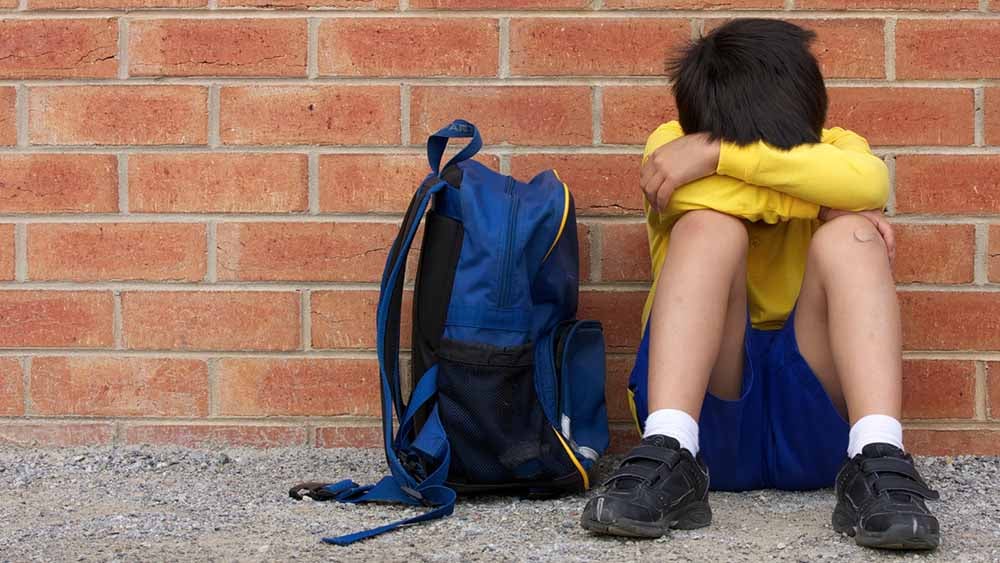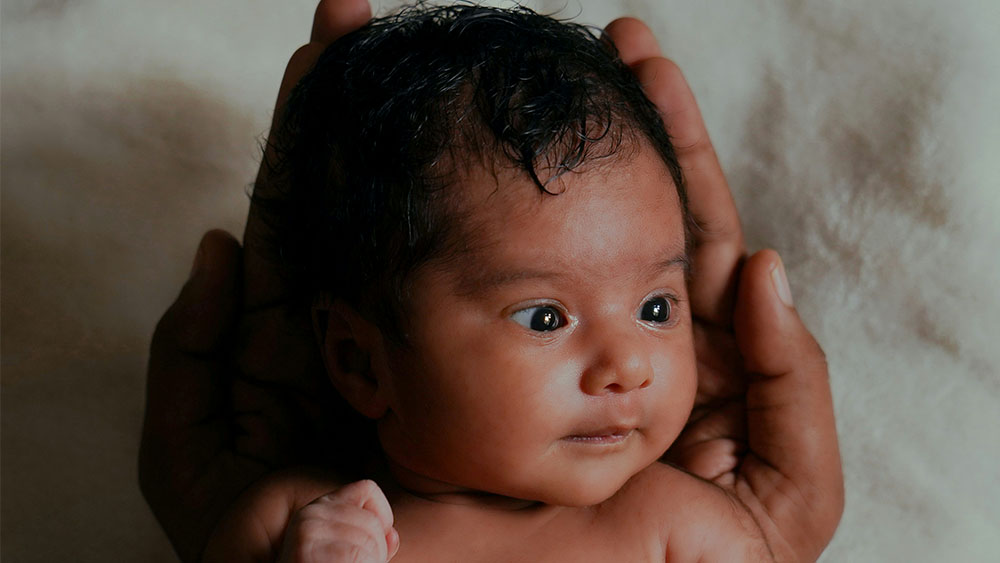Exclusion Hurts: How To Talk To Your Kids About Shyness, Rejection, And Bullying
Bullying has been thrust into the spotlight again following a recent case involving primary school students in Singapore. But while bullying is the most visible and often extreme end of the spectrum, children also struggle quietly with issues like shyness, rejection, and social exclusion — experiences that can be just as hurtful, but that are often swept under the rug as something kids will outgrow. Like their adult counterparts, kids don't always pick up social skills naturally. Previously, we went over how parenting style and communication can help kids learn how to pick up social cues and handle conflict.
Here are some ways to help your child deal with some of the tougher aspects of growing up: bullying, rejection, and shyness:
Ever wonder why your child acts shy outside, but is confident and outspoken at home? There are a number of factors.
"Why are you suddenly so shy? Say hi [to so-and-so]. At home you talk non-stop – why so quiet now?"
"Though confident at home, the child may not know how to react appropriately with peers and people she is not familiar with. For instance, she may expect her peers to approach her to play, or she may not know how to react to ‘rejections', so she stays away and waits for someone to come to her instead," said Sara Yeow, Principal Occupational Therapist at MindChamps Allied Care at East Coast.
Some kids are just naturally quiet and introverted. Refrain from labeling them as "shy" as that can lead to a self-fulfilling prophecy where they begin to believe in the label (and in some cases, use it as a crutch to avoid socialising). Accept them for who they are, but give them opportunities to develop their social skills and make new friends.
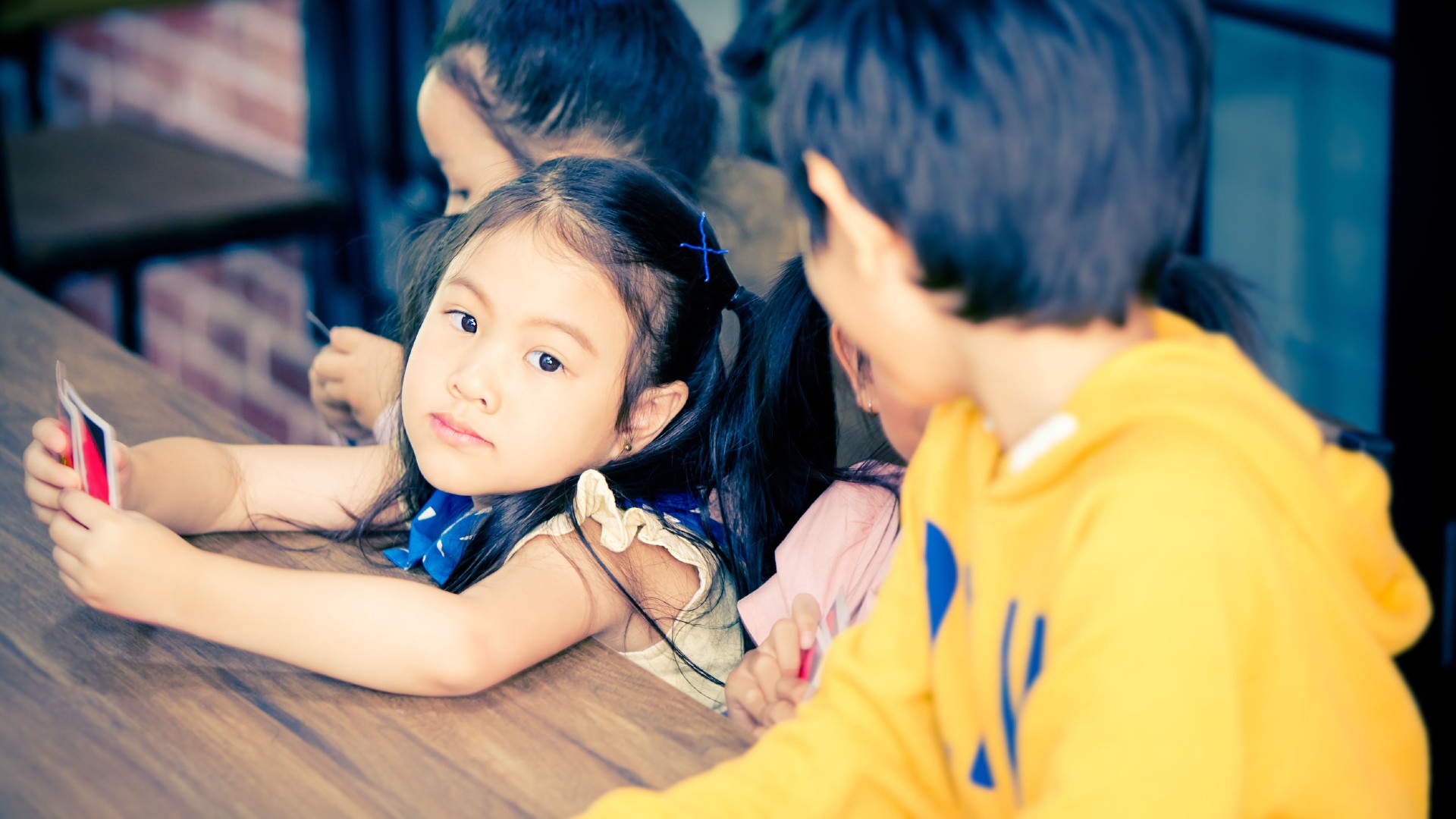 IMAGE: 123RF
IMAGE: 123RF
Why "just say hi" doesn't work
Develop their confidence: If your child feels nervous in social situations, Sara advises slowly developing their confidence. "Pushing them into a group may cause them to drift further apart because they need to be emotionally ready first," she said.
Set up playdates: "When setting up play dates, start off with peers who are less domineering and who are at the same level as your child. As parents, try not to intervene unless there is a need to do so," said Sara.
Acknowledge and encourage: Let your child know that it's okay and normal to feel nervous; everyone feels nervous about SOMETHING sometimes. Acknowledge their feelings and reassure them that they can overcome their fears. For instance, "It's okay that it takes you a while to warm up in new situations. At Alyssa's birthday party, remember how you wanted me to stay beside you through all the games? But in the end, you had a great time with the other kids."
Teach them to ask questions and listen to others: Take the pressure off by reminding them that they don't need to be the most interesting or coolest in the room; they just have to be interested in others.
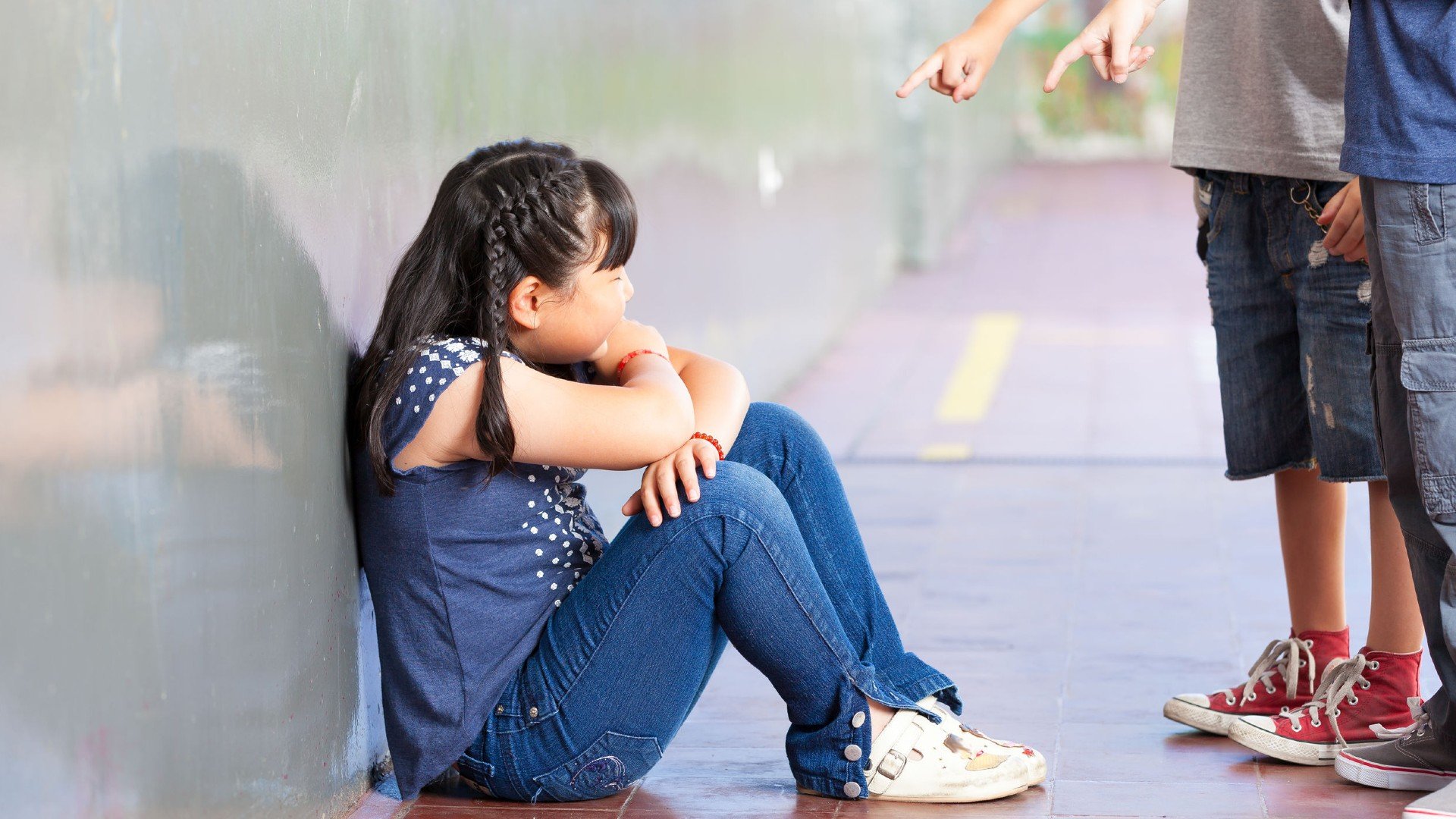 IMAGE: 123RF
IMAGE: 123RF
Teaching kids to handle the pain of being excluded
For a kid, rejection and falling out with a friend can feel like the end of the world, but what's a parent to do? Oh the tumultuous tides of childhood companionships. A child can be elated one day when an all-important friend chooses to partner with them, only to feel utterly dejected the next day when that same friend forgets to save them a seat at recess. And what about when they're suddenly left out of their friend group? Or not invited to a friend's party? For a child, each conflict can be a blow to the self-esteem. And for a parent, it's tough not having all the answers.
To help your child cope with friendship conflicts or feelings of rejection, try the following steps recommended by Ms Winny Lu, Senior Counsellor, REACH Counselling Service.
Validate and empathise: Name the emotion that your child is experiencing. For instance, "You must feel sad/hurt that you are not invited to Bella's birthday party."
Give your child space to express their feelings: "Don't deny her sadness. Put yourself in her shoes when you are rejected by your friends," said Ms Lu.
Once your child calms down, help them think about other possibilities: Following the birthday party example, Winny suggested questions such as: "Why do you think Bella did not invite you?" If your child answers, "Because she doesn't like me," ask, "What else? Could it be that they have limited space? Or that our house is quite far from her place? What would you do if you were Bella with many friends that you wanted to invite, but you had a limited budget and space?" Teach your child to consider other perspectives.
Ask your child what they would say to a friend going through the same experience: Doing this may help your child process their thoughts in a positive way, (especially as we often we talk to our friends nicer than we talk to ourselves).
Build resilience through the negative experience: Rejection is hard at any age, but it can facilitate self-discovery. Teach your child to have an optimistic outlook.
Kids can be mean to one another. Their friendships are full of ups and downs, often involving transient meanness. "Transient meanness" is the day-to-day friction that kids have to learn to cope with, write Natalie Madorsky Elman and Eileen Kennedy-Moore in The Unwritten Rules of Friendship. Often these transgressions are minor and temporary, but they can still be hurtful.
Examples include when a child is told to "shut up" by a grumpy friend; when someone's favourite toy is tossed around by the other kids for laughs; when a kid is called fat or the last one picked for a team. As parents, we want to protect our kids from every mistreatment, yet we can't guarantee that schoolmates will always behave kindly.
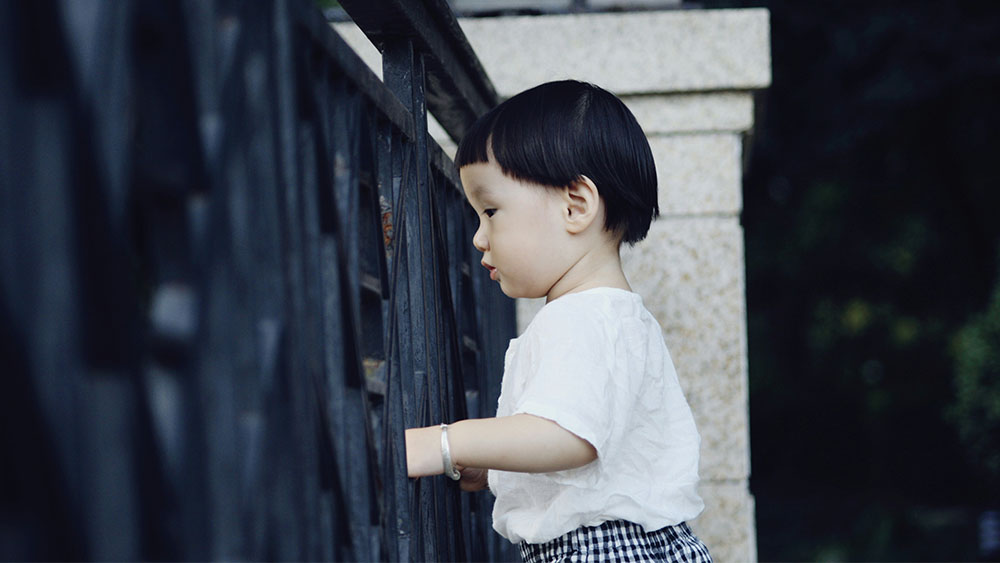 IMAGE: UNSPLASH
IMAGE: UNSPLASH
"Why don't they want to play with me?"
Acknowledge your child's hurt feelings, but don't overreact. If your child has been mistreated, it's normal to feel protective and angry on their behalf. But if it's a minor, one-time incident, encourage your child to see how things go. "Relationships ebb and flow," write Elman and Kennedy-Moore. "It is not uncommon for parents to stew and fret over their child's troubles with a fellow classmate only to find out the next day that the situation has been resolved."
What if no actual wrong has been done, but feelings are still hurt? For instance, one day your child is happily playing together with a friend, but the next day the friend chooses to play with someone or something else. This may cause your child to feel thrown off and rejected, even if it's not their fault. In such cases, Sara advises: "Explain to your child about people's ability to make different choices every day, just like how she can choose something different each day." Reassure your child that it's normal to feel disappointed. Encourage them not to react with anger or exclusion in return, but to stay open, kind, and confident. Sometimes friendships ebb and flow, and learning to ride those waves calmly is a skill that will serve them for life.
Talk to your child about what bullying can look like. Help them recognise the difference between a bad day and a pattern of abusive behaviour. More importantly, help them understand what respectful behaviour looks like, so they can identify when something crosses the line. Teach them that it's okay to walk away from people who treat them poorly. They don't need to belong with a group that makes them feel small. If a friend or a social circle isn't working out, remind them that they are not defined by one friendship, and that real friends don't make you feel anxious or insecure. Learning to stand up for themselves, even quietly, is an essential part of building self-respect and resilience.
For the latest updates on Wonderwall.sg, be sure to follow us on TikTok, Telegram, Instagram, and Facebook. If you have a story idea for us, email us at [email protected].







